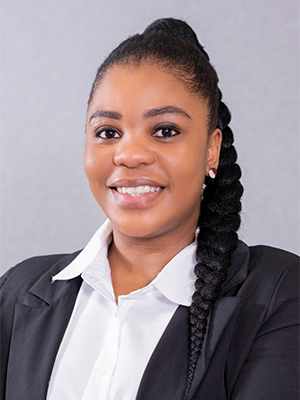The Independent Electoral Commission (IEC) says it is ready for this weekend’s voter registration (18 - 19 November) and is urging the youth to make use of this opportunity to be able to vote in next year's local and national elections.
However, Naledi Modise, lecturer in politics and international relations at the North-West University (NWU), notes that the North West province has among the lowest turnouts in the country, with only 42,36% of registered voters turning out to vote in the 2021 local government elections.
“Voter registration is the first step to citizen participation in democracies. It is certainly desirable that people register to vote, even if they are undecided regarding which political party they will vote for or which independent candidate they will support,” says Naledi.
Currently there is an estimated 14 million eligible voters who are not on the voter’s roll. According to IEC figures, 26 252 455 million people have registered to vote, yet in the 2021 local government elections only 45,86% of registered voters turned up to vote, roughly 11 225 000 people compared to the 66% voter turnout in 2019.
From the above, it is clear that the electoral participation is on the decline.
Why should we register to vote?
Naledi says from an administrative perspective, registering to vote assists the IEC with regard to the logistics of the upcoming elections. It gives them an indication of how many ballots to print, whether to increase the number of voting stations, and how many staff to employ.
“These logistical arrangements have an impact on the credibility of the elections,” she explains.
“The IEC uses the voter registration weekends to drive voter registration. Although they have added other registration channels such as the IEC website and SMSs over the years, a mobilisation drive such as this voter registration weekend is still important to remind people of the up-coming elections and their significance.”
Unemployment rates were highest among the younger age groups aged 15 to 24 years (59,6%) and 25 to 34 years (40,5%) during 2022. People within this age group make up a third of the South African population and therefore hold the significant electoral power. However, it remains to be seen if disillusioned young people, some of whom are graduates, will register to vote.

Naledi Modise says voter registration is the first step to citizen participation in democracies.
